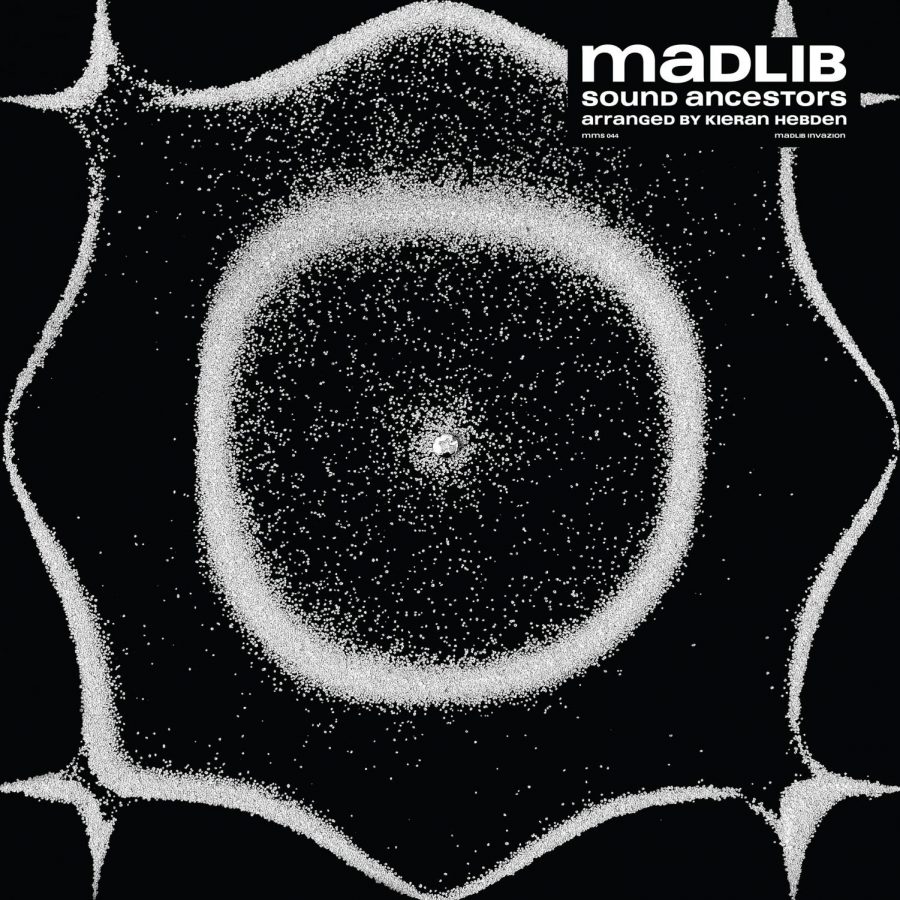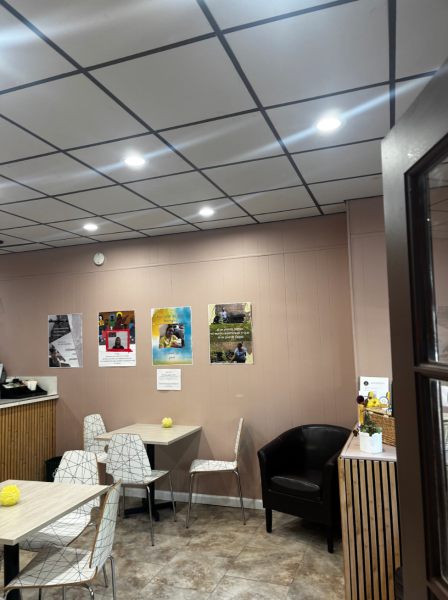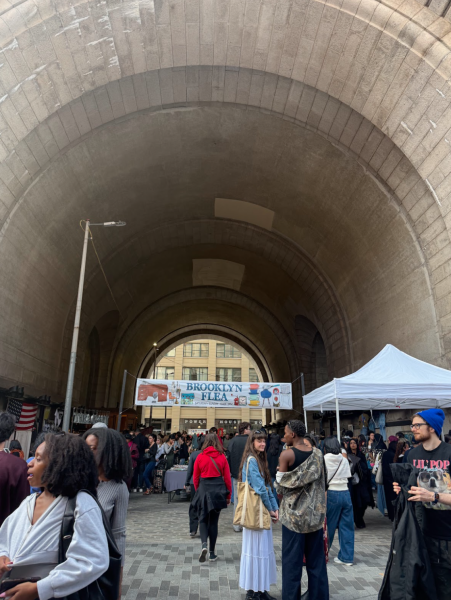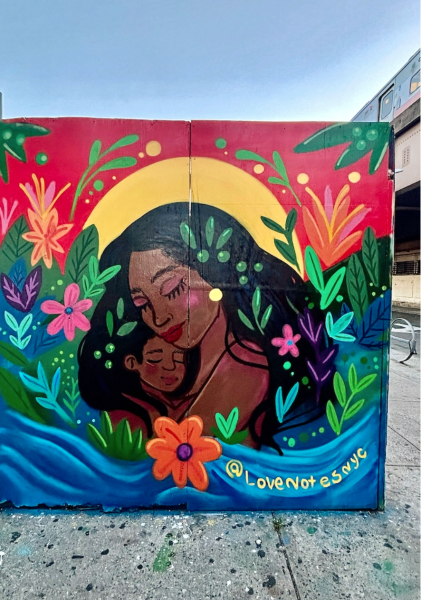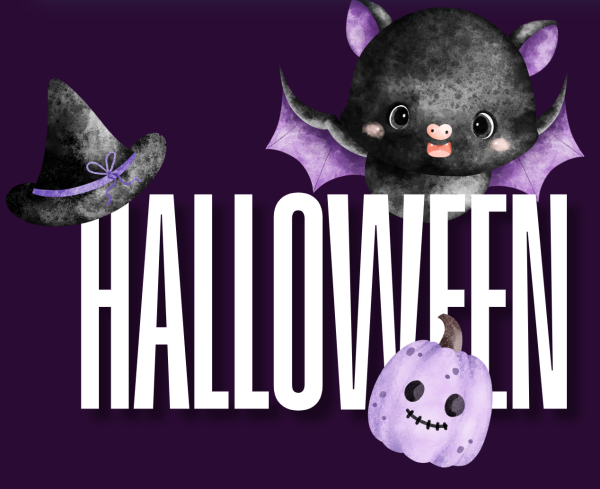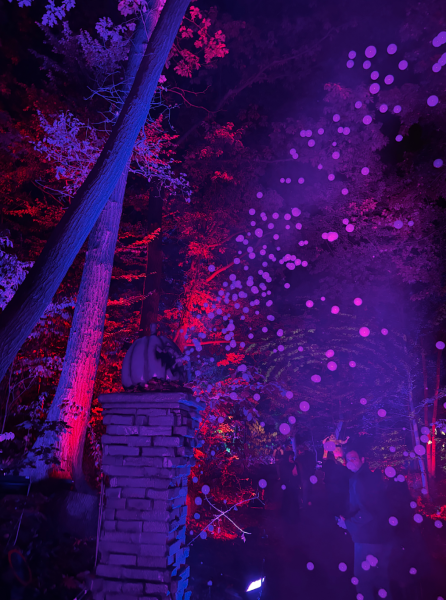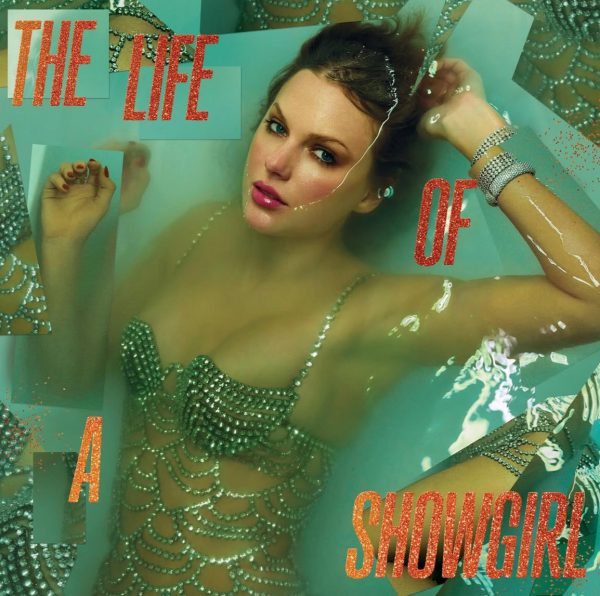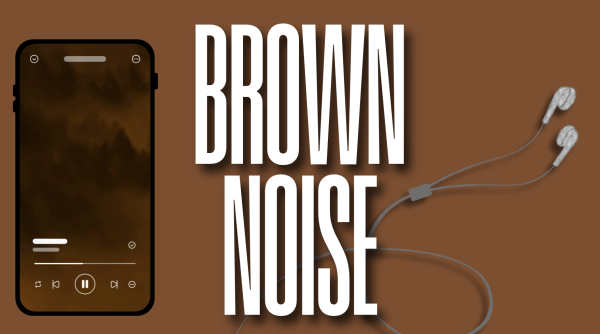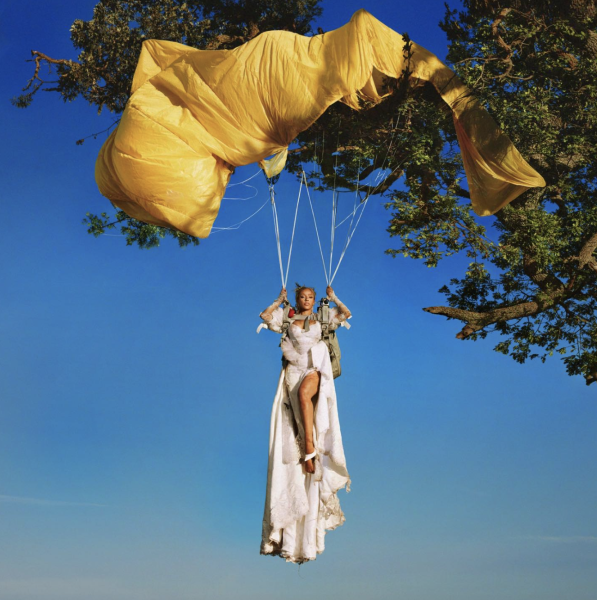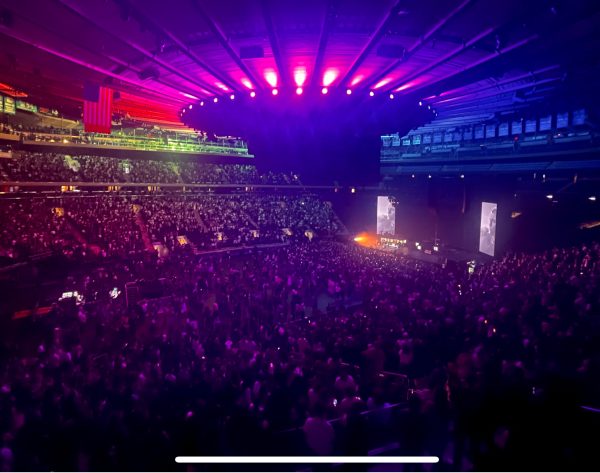Madlib’s “Sound Ancestors” Help Craft His Latest Release
Madlib consistently delivers innovative new music, proven by his latest release “Sound Ancestors.” (Picture courtesy of Twitter).
In the contemporary music industry, current music historians, journalists and critics have valued innovation as a necessary trait for artistic greatness, praising pop artists like Tyler, the Creator and Taylor Swift for their abilities to change their stylistic tendencies from album to album. Artists who develop new sounds and rhythms to separate themselves from their established brand and influences are lauded as revolutionary.
Hip-hop producer and musical guru Madlib has taken a different approach to his music. Madlib embraces and builds upon his musical influences. He uniquely manufactures each one of his instrumental albums around the source of his samples, whether on the jazzy “Shades of Blue” (2003), the Bollywood score “Beat Konducta: In India” (2007) or his newest collaborative project with electronic producer Four Tet, “Sound Ancestors” (2021). Along with his work with rappers Freddie Gibbs, Talib Kweli and the late MF Doom, Madlib has built an eclectic discography that pays homage to a vast array of musical greats in a new, bass-boosted fashion.
Released on Jan. 29th, “Sound Ancestors” marks a new artistic chapter, moving away from his previous album series and alter egos, even hinting at a possible ending to his illustrious career. At times, the album feels somber and reflective of a current time in the producer’s life. Despite there being no definitive recognition of long-time friend MF Doom, much of the album seems like a final goodbye to the underground superstar. The two were undoubtedly close despite their infrequent interactions as explained by Madlib in a recent interview with NPR: “We talked like once or twice a year, but that’s how it’s always been. We talked last year and everything seemed fine,” he said. “It was mostly me sending him beats, he rarely sent me stuff. But yeah we checked in, whether it was music or not, talking about our kids or whatever.” Madlib further explained that he learned of his friend’s death at the same time as the public despite information not being released until 2 months afterwards. “I still can’t believe that he died,” he added, “That’s weird.”
Madlib also pays his respects to J Dilla, 15 years after his tragic death and release of the critically acclaimed “Donuts.” The duo are often recognized as two of the greatest hip-hop producers of all time and share a collaborative project named “Champion Sound.” The track “Two for 2 – For Dilla” beautifully encapsulates Dilla’s punchy, chopped signature style, while also adding a melodic outro distinct to Madlib’s avant-garde style.
“The Call,” an aggressive up-tempo opening track built around a funk bassline and a post-punk vocal sample is a primary example of Madlib’s ability to individually highlight pieces of previous music into one transcendent song. Other highlights such as “Loose Goose,” a track featuring a dancehall sample and uncredited Snoop Dogg recording, and “Duumbiyay,” which combines an enthralling jazz tandem with a playful child’s nursery rhyme, have an incredible ability to perfectly intertwine rhythms, creating a masterpiece.
Madlib’s previous experience as a multi-instrumentalist coming together with Four Tet’s aid on “Sound Ancestors” allows for remarkable sonic diversity from track to track. Throughout his career, Madlib has been cited for playing nearly any imaginable instrument on his records, while also using unconventional equipment such as a Fisher Price record player and iPad apps.
Across different genres, sounds and stylistic tendencies, Madlib is able to properly combine his wide range of influences into a unique project that embodies these unorthodox characteristics. Each song’s ability to draw the listener further into the music makes Madlib’s ‘Sound Ancestors’ an addicting experience for all music fans.





































































































































































































